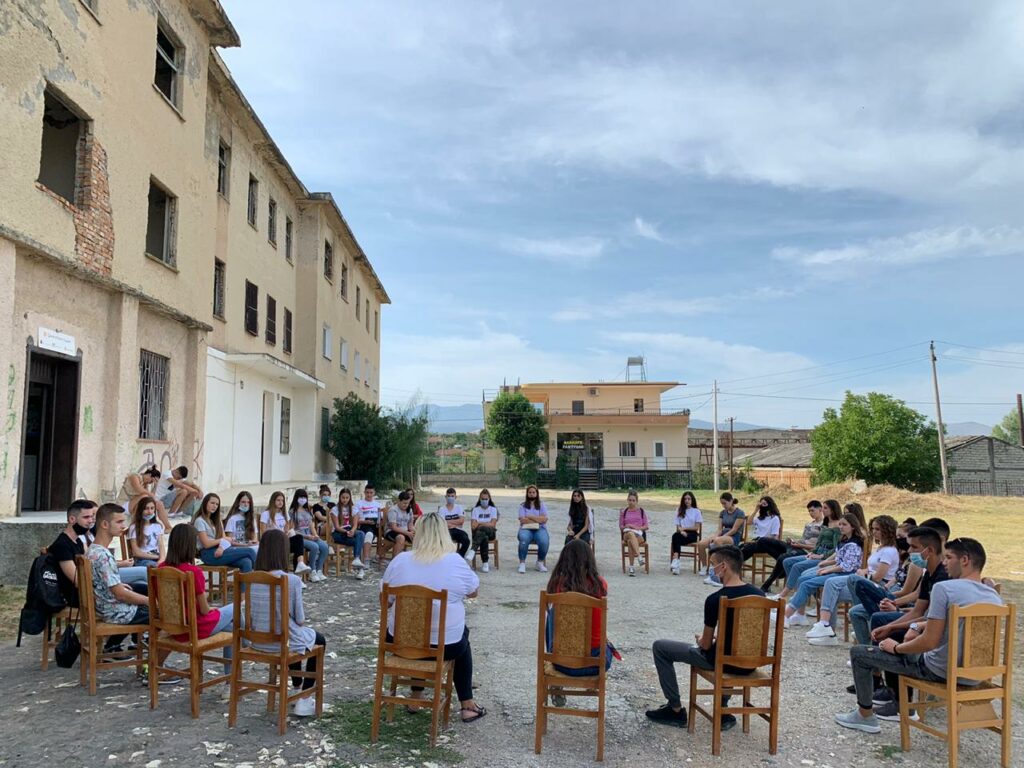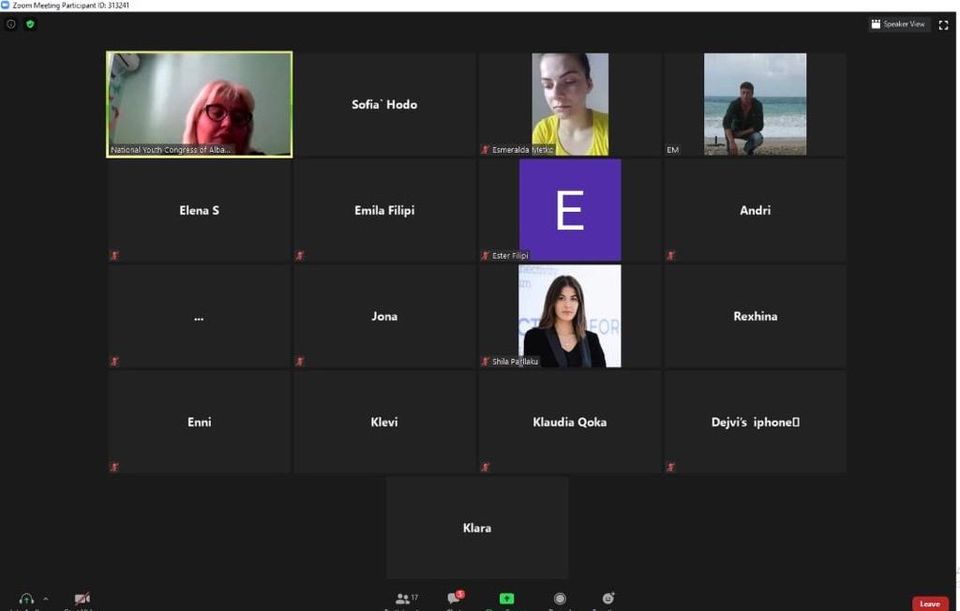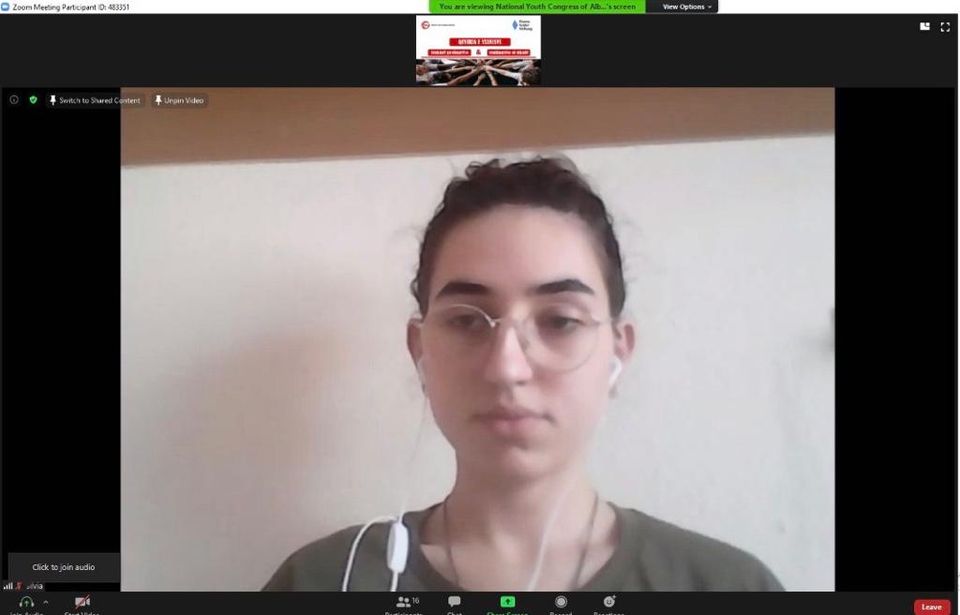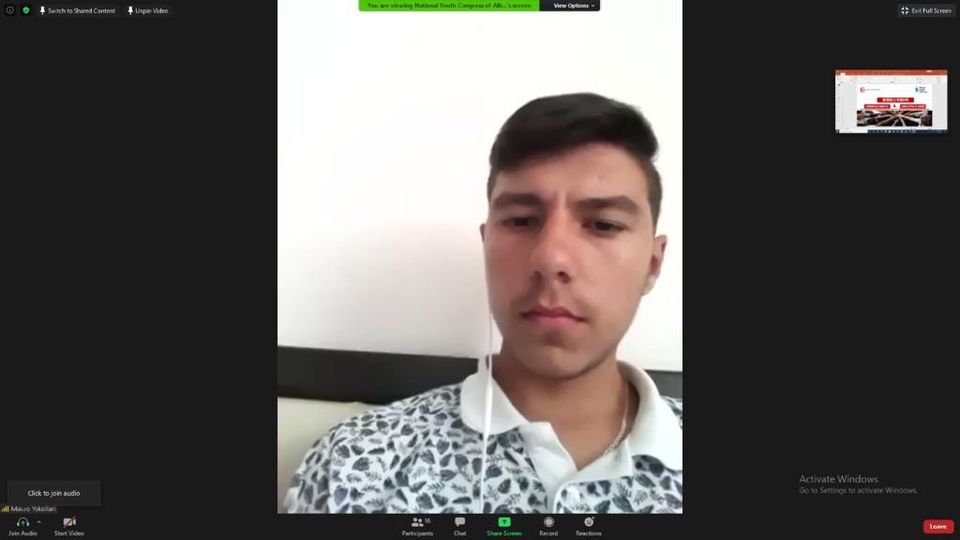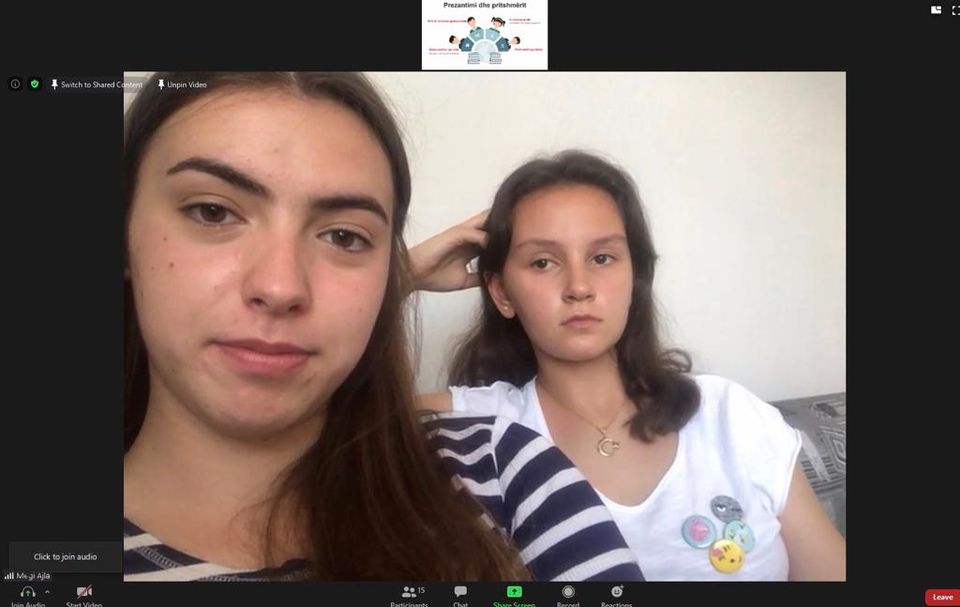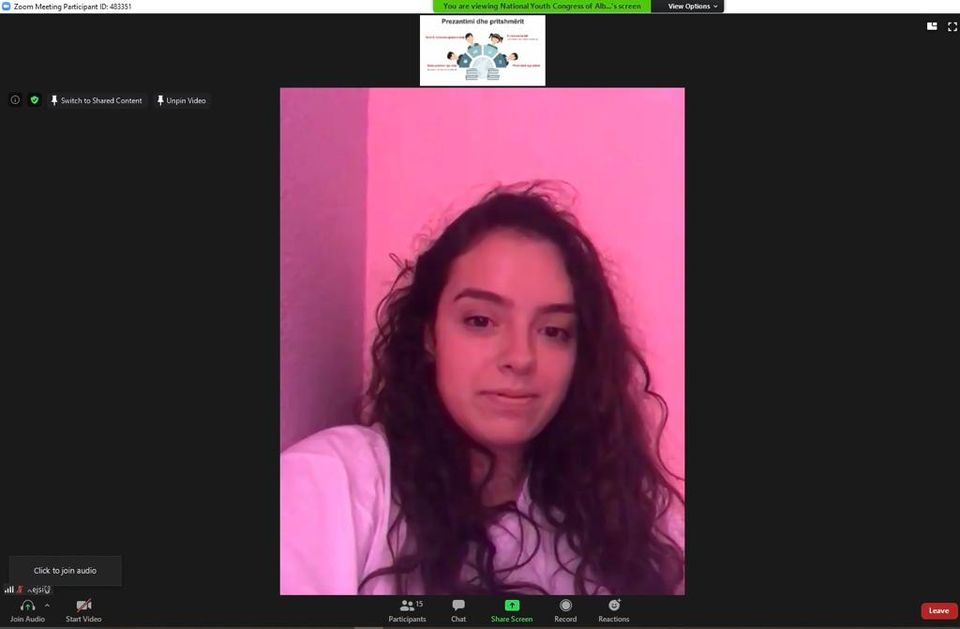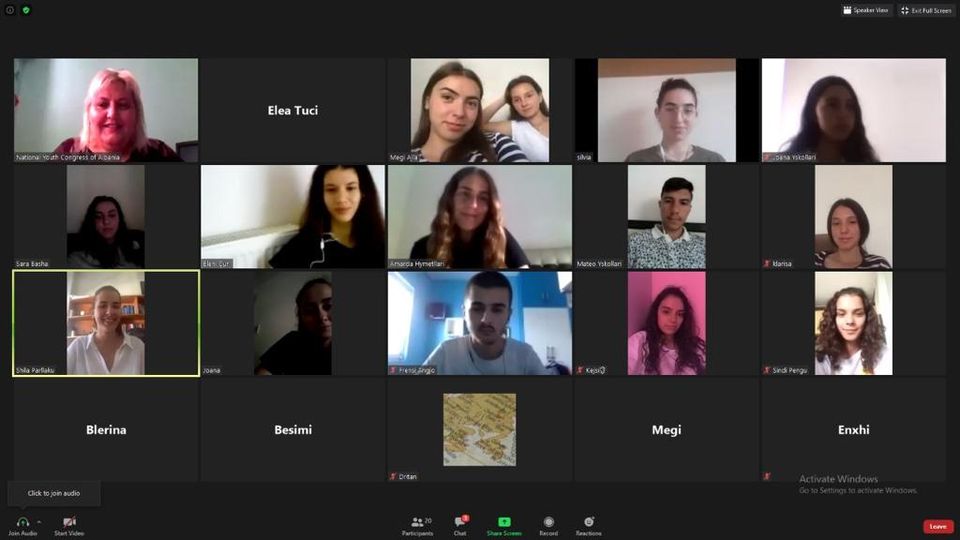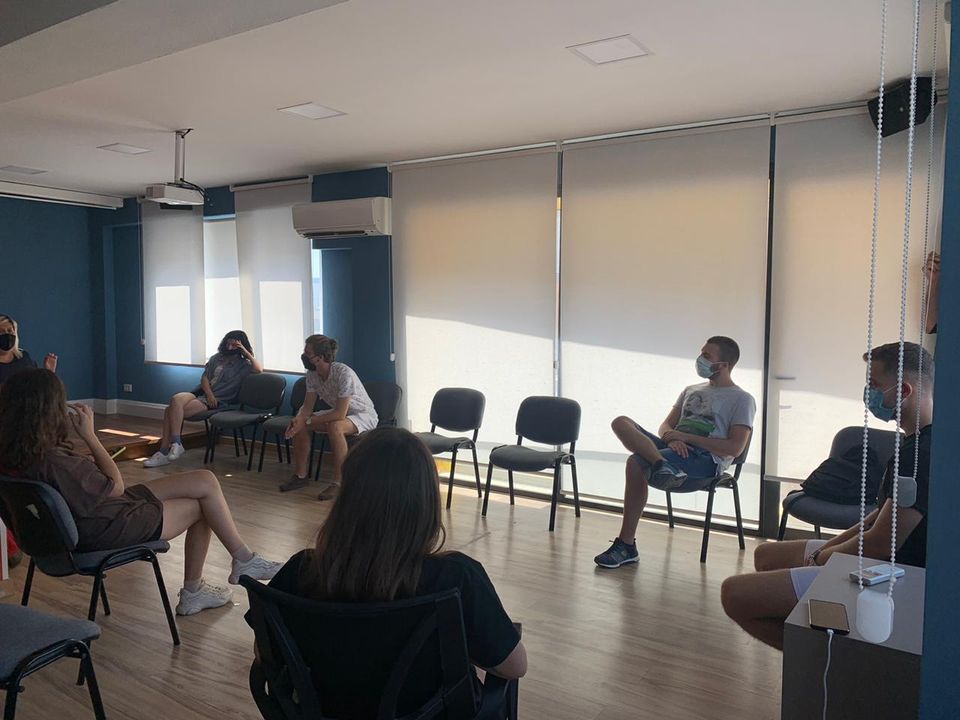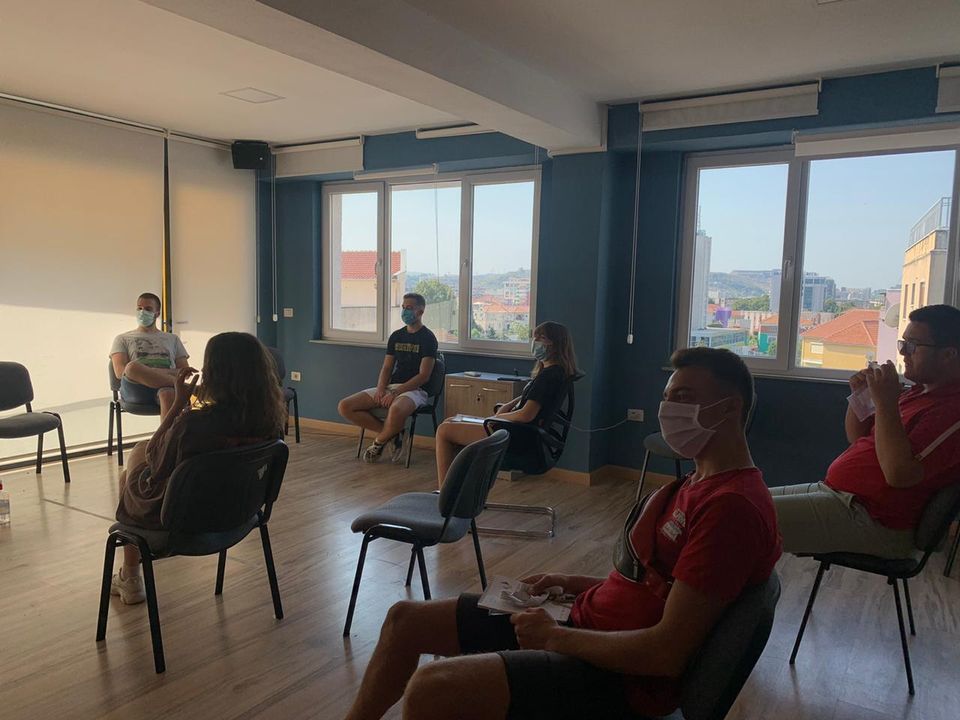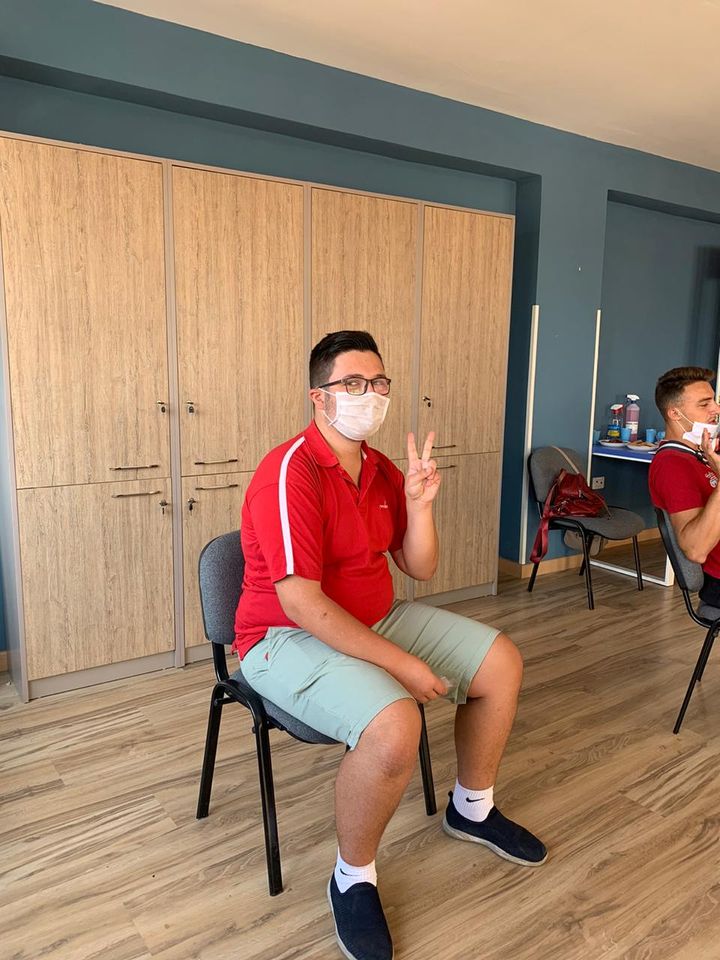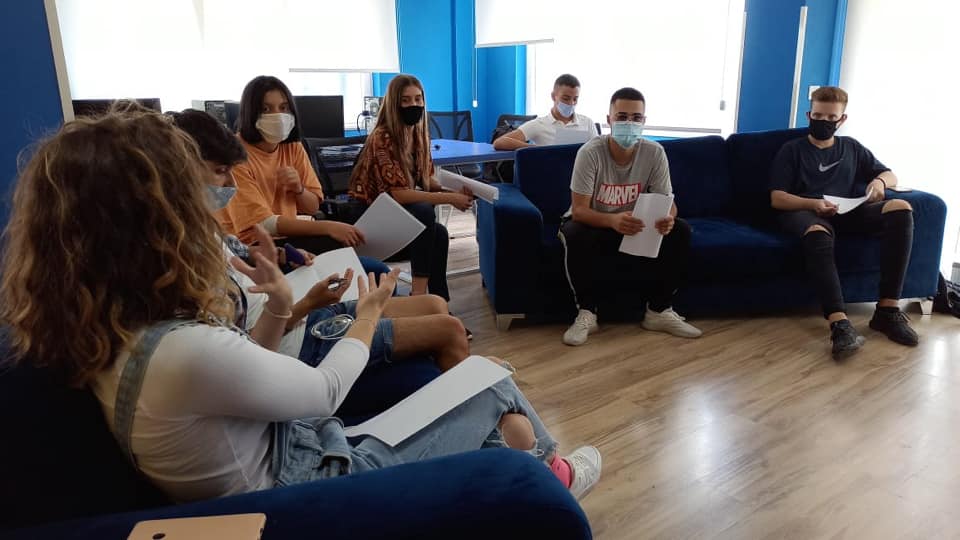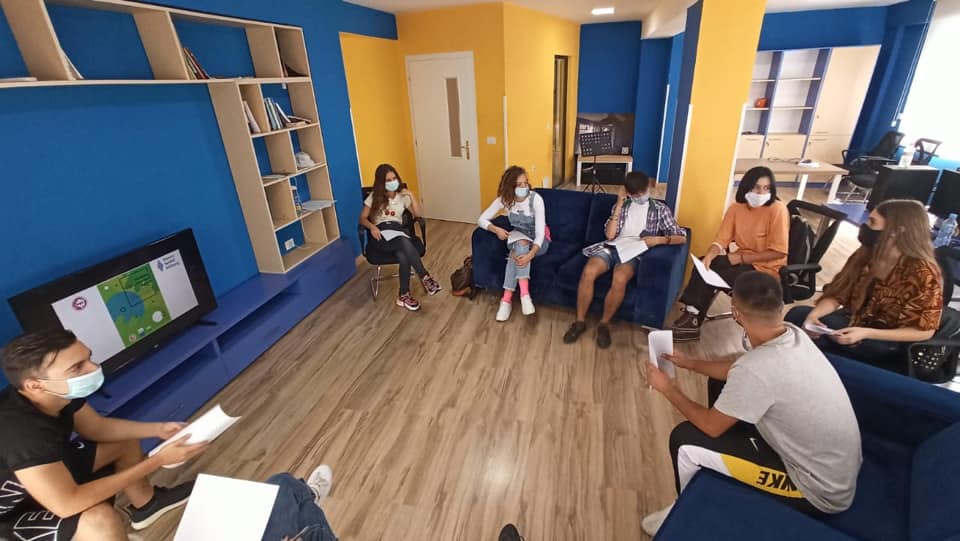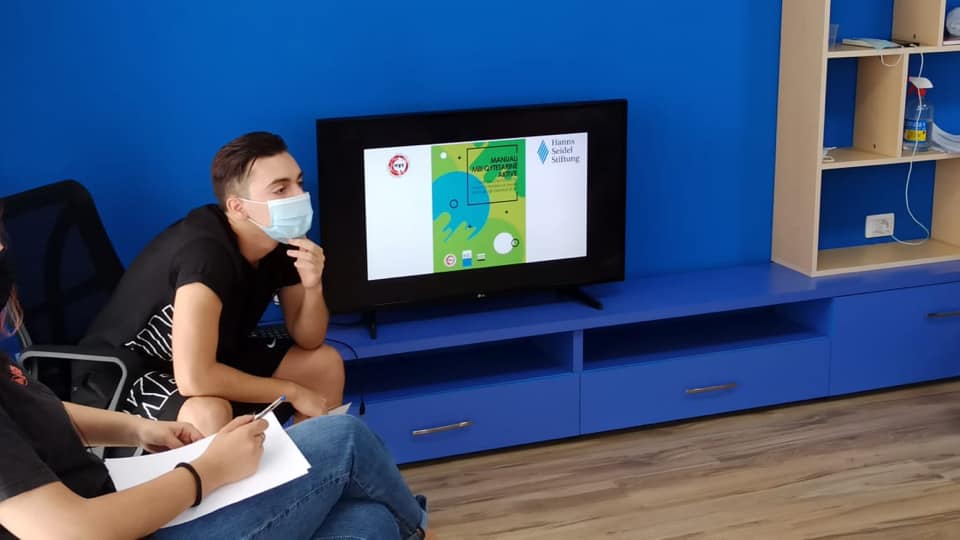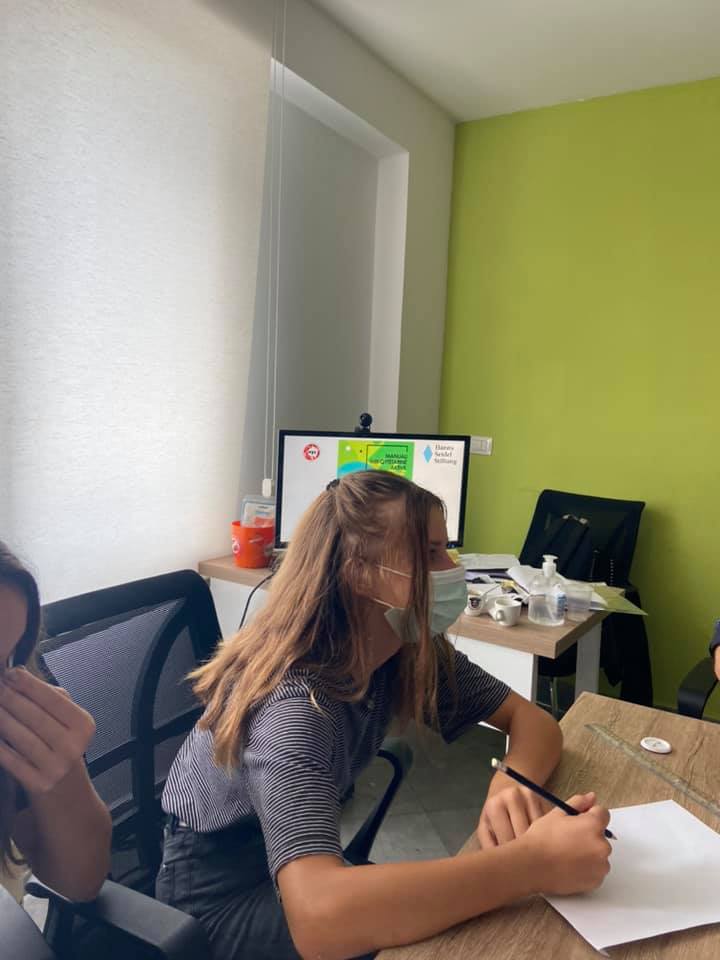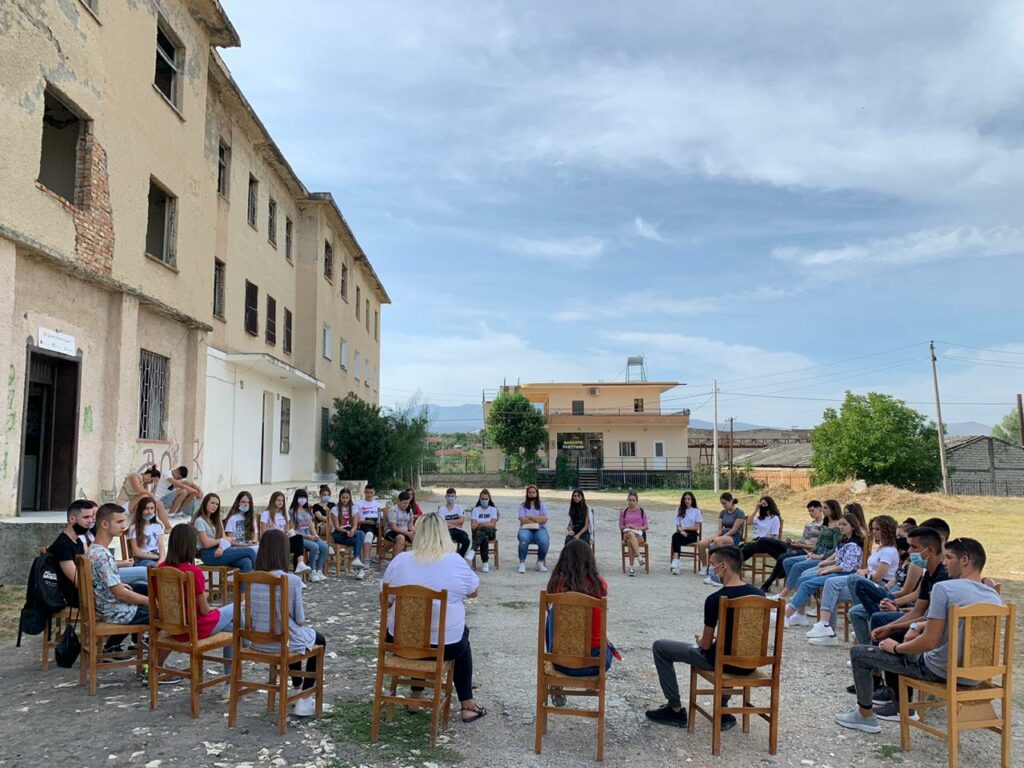
Manual on active citizen 2020
Youth organizations and youth centres are considered as the most relevant institutions to develop creativity and encourage participation, but it is important to identify the need for political education and communication with public institutions. Based on the point 4, article 102 in the Constitution and article 36 in the law nr.69/2012, with the respective changes made by the Council of Ministers, proposed by the Ministry of Education, Youth and Sports, the competences and responsibilities of pupil’s councils are increased.
Different elements in regard of activism within the schools, improvement of the social environment, communitarian approach through pupil’s contribution, improvement of the educational process within the schools and even the development of projects and collaboration with third parties (such as Ngo-s, international community or other relevant stakeholders) are foreseen as their right and responsibility with the new changes.
How well informed are young people in high schools upon the changes, their duties, and their rights? How are their capacities to fulfil the “new tasks”? How is their knowledge in regard of political engagement and participation; organizational mobility and sustainability; building alliances for the common good; project applications and activity implementation etc? The follow up of 2020 will tend to inform this target group, build its capacities, put in contact with the well experienced youth organizations and networks, local stakeholders and promote intersectoral and intergenerational dialogue to strengthen youth role in the society and contribute to the democratization process.
